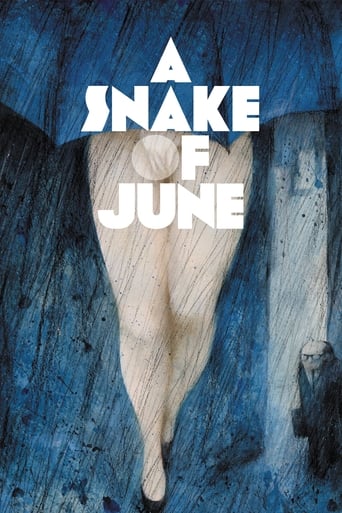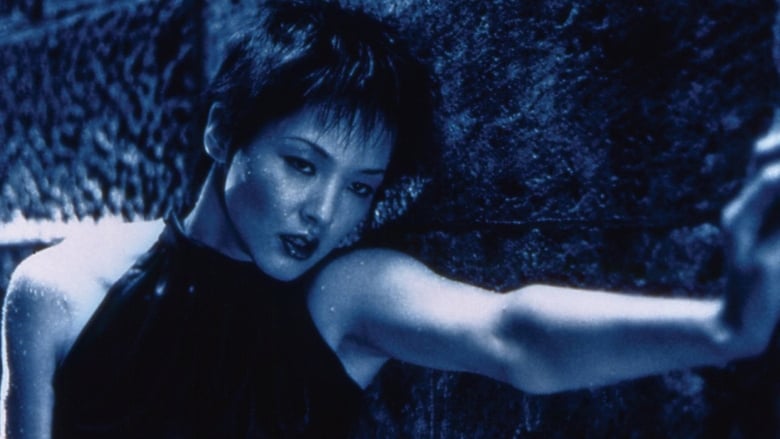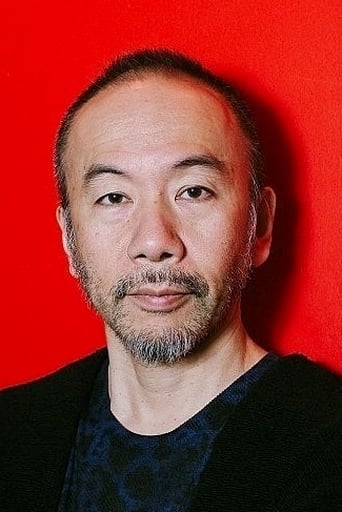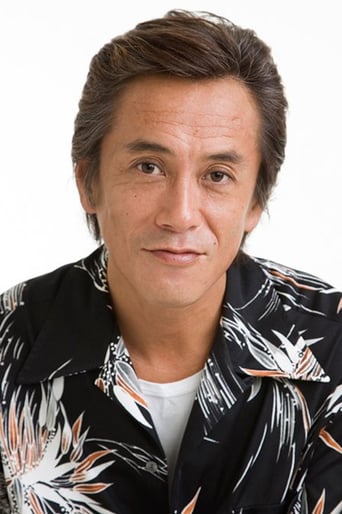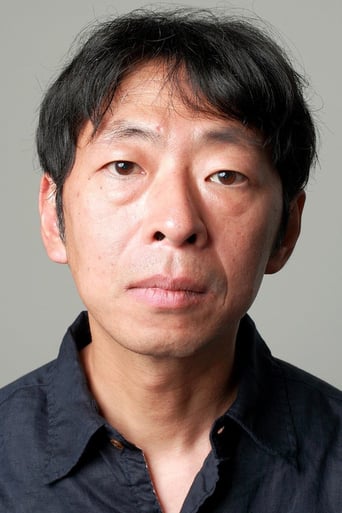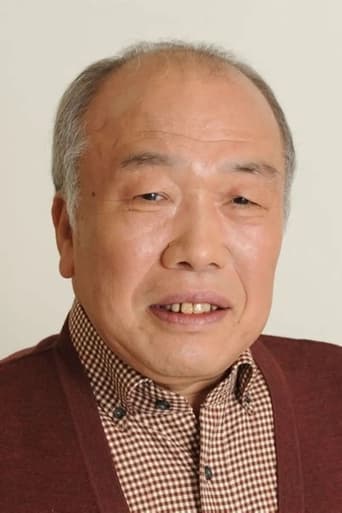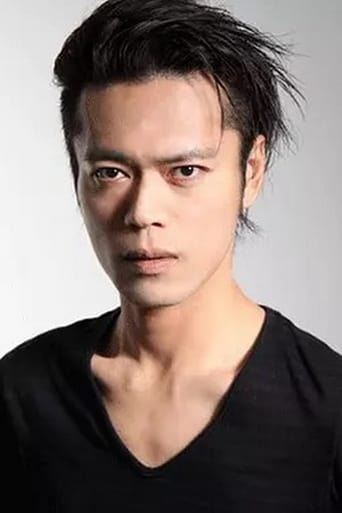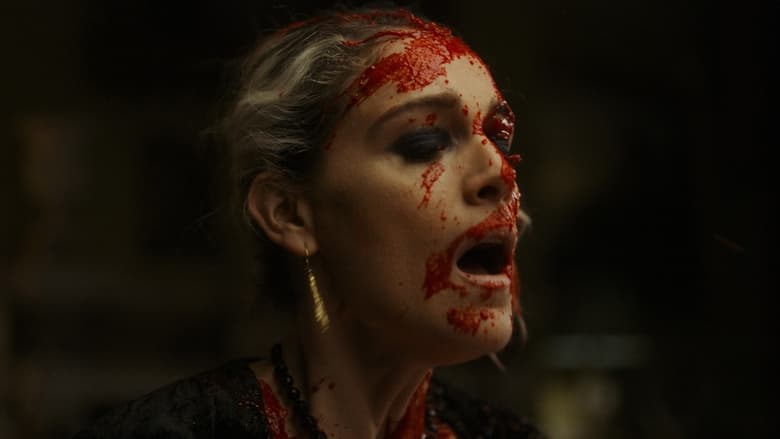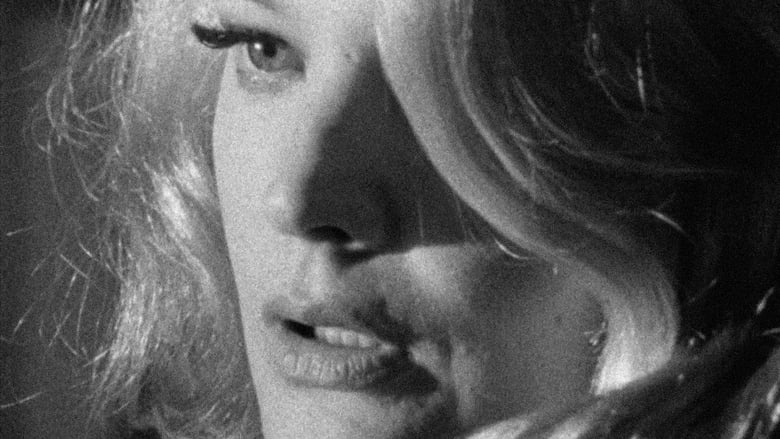A woman is being stalked by a stranger. His stalking turns to blackmail when he sends her copies of photos of her in an embarrassing position. Now he controls her and she has to do anything he says. Anything.


Similar titles
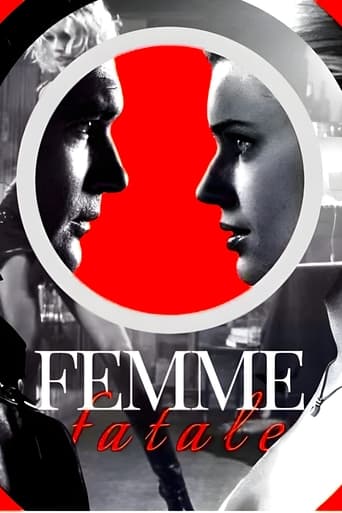

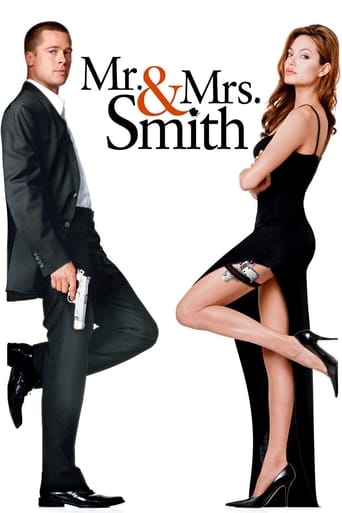

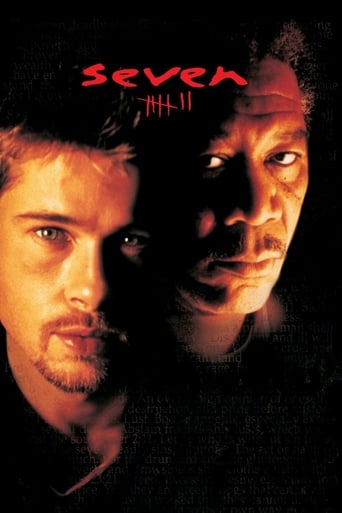
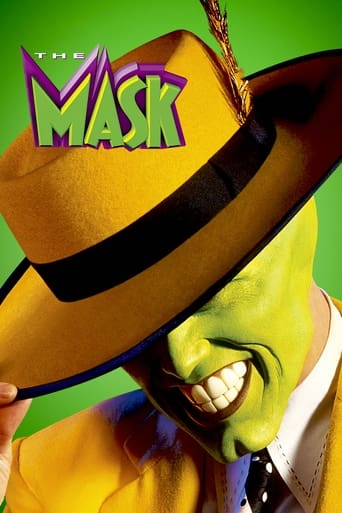
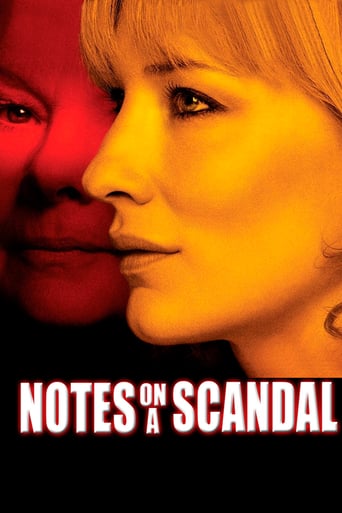


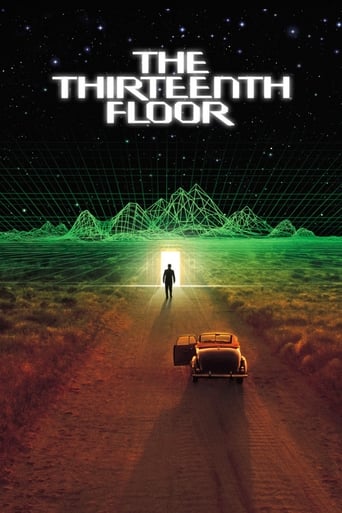
Reviews
In Tokyo, Rinko Tatsumi (Asuka Kurosawa) is a married woman that works in the County Mental Help Center helping needy people. Her husband Shigehiko (Yuji Koutari) is an old man obsessed with cleaning and they have a quite inexistent sexual life, sleeping in separate bed. Out of the blue, Rinko receives an envelope with erotic pictures she took once in the past while modeling and a cellular. She receives a phone call and the man blackmails her, promising to give the negatives to her if she follows his instructions. She is forced to wear miniskirt without panties; to buy a vibrator and use it, walking and exposing to costumers of a department store. The man delivers her photos and tells that he is Iguchi (Shinya Tsukamoto), who is dying of stomach cancer that was saved by her advice; in return he asks her to go to her doctor. Rinko realizes that she has breast cancer and needs to remove one breast. When she tells Shigehiko, he gives a cold reception to the idea. Then the blackmailer contacts Shigehiko, forcing him to follow his instructions. "Rokugatsu no Hebi", a.k.a. "A Snake of June", is a surrealistic erotic movie that follows the style of David Lynch, with bizarre sequences and characters. This is the first work of the director Shinya Tsukamoto that I have watched and this is the type of "love or hate" cult-movie. The stylish cinematography uses blue filter in the rainy season of Tokyo, giving the mood of sadness and nightmarish atmosphere to the weird story. Asuka Kurosawa is absolutely sexy breathing eroticism in the sequences that she follows the instructions of the blackmailer. There are many metaphoric scenes without explanation, but I believe that the major idea of the story is that life is to be lived in its plenitude since we may die on the next minute of our existence. My vote is eight.Title (Brazil): Not Available
A Snake of June (2002) is the thematic culmination of over a decade's worth of cinematic experimentation for Japanese auteur and erstwhile infant terrible Shinya Tsukamoto; with the film's themes of fear, repression and the limitations and fragility of the human body recalling the surrealist body-mutilation of Tetsuo: The Iron Man (1988) - and his metaphoric metamorphosis into a drill-bit wielding cyber-punk - through to the modern day horror of Tokyo Fist (1995) - with its punishing images of primal carnage - and of course, Bullet Ballet (1998) - with its wasteland of urban decay and the bleak thematic examination of suicide.With this in mind, viewing Tsukamoto's work from the visceral and vivid 'Tetsuo' through to the film in question is often like studying the basics of the auteur theory in seven easy steps; with the director progressing from the low-budget horror of The Iron Man (1988), through to it's bigger-budgeted sequel/remake Tetsuo II: Body Hammer (1991) and then onto the aforementioned double-punch of Tokyo Fist (1995) and Bullet Ballet (1998). That's not to mention his lush period-mystery Gemini (1999) and his more recent examination of death and decay with the subtle and mature Vital (2004). Each of these films presents its own treatise on a clearly defined theme, which, when viewed within the larger context of Tsukamoto's world presents us with a true, single-minded and intensely unique body of work. This is represented, not only by the repeated use of death, decay, metamorphosis and the human body as a central motif, but also by the presence of Tsukamoto as writer, director, cinematographer, editor, production designer and, in many cases, lead actor; but also with the vital role in which Tokyo itself plays in shaping his highly expressive narratives.In the Tetsuo films, Tokyo presented itself as a labyrinthine maze of metal, concrete and steel that only succeeded in dehumanising its citizens into soulless, destructive monsters; in Tokyo Fist, the skyline of the city dwarfs its central character, intensifying his sense of weakness and lack of power, and eventually leading to his attempt to reclaim himself from this backdrop of mocking malaise and social conformity; while in Bullet Ballet, the world is dark, empty, devoid of colour and numbed to any real sense of feeling and purpose. Once again, A Snake of June feels like a culmination of this idea; depicting a Tokyo that is cold, claustrophobic, awash with a constant rain and a general lack of warm colour; with the images here presented in a blue-tinted monochrome that stresses the empty sterility of the central relationship and the world in which they inhabit.Like The Iron Man, Body Hammer, Tokyo Fist and Gemini, the film uses the relationship between three characters (and their feelings of jealously, lust and paranoia) as its starting point; introducing us to Rinko (Asuka Kurosawa) and her husband Shigehiko (Yuji Koutari), who live a contented, if entirely soulless existence lost amongst the high-rise apartments of metropolitan Tokyo. All of this is turned upside down however by the appearance of Iguchi (Tsukamoto), a terminally ill photographer of lurid pornography who meets Rinko via her position as a Samaritans-like phone councillor, and, realising that she has helped him put the final stages of his life in order, decides that he wants to do the same for her. What follows is series of sensational mind-games, as Iguchi blackmails the prim Rinko with illicit, secret photos he's taken of her masturbating in her apartment in order to get her to act out the sordid, self-pleasuring acts she furtively craves. For example, in one of the film's central set-pieces, Iguchi, using a cell phone, instructs Rinko to buy a scandalously short-skirt, to wear it in a crowded shopping mall without underwear, to buy a vibrator, to insert it and then, finally, to buy a series of embarrassingly phallic objects from a local fruit vendor while he controls the vibrator via remote control.The second half of the film is more fragmented and surreal; moving into the expressive, metaphorical, highly visual realm of Tetsuo and Tokyo Fist; as Shigehiko's repressed businessman is literally terrorised by his own deeply-hidden desires, while Iguchi's physical pain and torment are manifested in blood-soaked violence and an extendable, metallic phallus that emerges from a hole in his stomach. I wouldn't want to give too much away, but these scenes definitely need to be experienced, not only as they represent for me what true film-making really is, but also because they present the central emotional construct of these characters better than any dialog or exposition ever could! The film has a few more twists and turns that I won't go into here, though, sufficed to say, the overall message of the film is ultimately a simple one, though it's told in a highly expressive and enigmatic manner that is more than suited to Tsukamoto's wild and distinctive cinematic imagination.The performances from all three of the lead actors are outstanding and much deeper and more emotionally honest than you might-expect from a low-budget Japanese art film; though, it has to be said, it's really Tsukamoto, both as a filmmaker and with his complex performance as Iguchi and Asuka Kurosawa's fearless performance as Rinko that truly dominate. A Snake of June is, for me, what cinema should be; complex, visually stunning, intelligent, enigmatic, emotionally charged and above all else, challenging. It obviously won't be to all tastes, but certainly those with a fondness for challenging independent cinema and an open mind will find much to appreciate; whilst those who are already familiar with Tsukamoto's previous work, such as Bullet Ballet or his earlier masterpiece Tokyo Fist, should easily find much to enjoy within the rain-soaked claustrophobia of A Snake of June's very bizarre love triangle.
The fact that your film is a winner at Venice is evidence enough of your artistry. Shinya Tsukamoto (Ichi the Killer) wrote, directed and starred in this weird film that certainly establishes him as and eccentric and extreme cinema pioneer.Saved by Rinko (Asuka Kurosawa), Iguchi (Tsukamoto) seeks to return the favor and help her escape her boring, sexless life as a wife of a successful Japanese businessman (Yuji Kohtari), who is all work and no play. He blackmails her into walking around the streets in a very short mini with no underwear, ala Britney Spears and Paris Hilton. He also has her buy a vibrator and some long veggies to use in masturbatory experiences.But it is not all kinky sex, as there is some torture that would make the movie inappropriate for CIA personnel. They don't need any new ideas to replace water-boarding.All of this is done in a sometimes surreal manner with a blue and white color scheme and constant rainfall that makes for an interesting mood.Tsukamoto has never disappointed me, but you certainly have to look at his films with a different eye.
Rinko Tatsumi (Asuka Kurosawa) works as a telephone counselor at a Tokyo-area suicide hotline. We see her as pleasant but maybe somewhat unsure of herself while doing her job, and we see her at home, where she is oddly distanced from her husband, Shigehiko (Yuji Kohtari). She receives an odd package in the mail in which she discovers voyeuristic, erotic photographs of herself. Another package contains a cell phone. The photographer calls her, and she finds herself embroiled in a relationship with a stalker who threatens to kill her if she alerts anyone.In a nutshell, this is a Brian De Palma-styled "erotic thriller", with typical Asian horror dream logic sensibilities and spurts of Terry Gilliam-inspired surrealism. As a Japanese genre film, it has a common characteristic that works well in some films but not so well in others: it begins very taut and suspenseful, but makes some odd, oblique, ambiguous turns halfway through, then ends almost by an abandonment. Here the progression is a bit iffy, and is responsible for most of the point subtractions in my rating.Stylistically, Snake of June is more than impressive. Director Shinya Tsukamoto, the helmer behind such notorious Japanese genre films as Tetsuo (1988) and Bullet Ballet (1998), takes a cue from recent Hollywood genre films and trumps the monochromatic-leaning cinematography by just shooting in black and white and tinting the film blue during processing. June is Japan's rainy season (the title refers partially to the month), and Tsukamoto sets the film amidst almost constant, frequently torrential rain. The combined effect is very ethereal; it's melancholy but sensual at the same time, and establishes the perfect mood for the story.Tsukamoto made a commendable move in casting three principals who are anything but conventional in terms of age and looks. Kurosawa is older than the typical "sex bomb", and even looks a bit older than she really was while shooting. Tsukamoto has her "frumped up" a bit, making her a bit dowdy. Kohtari looks almost old enough to be her father (aided by his balding crown), and Tsukamoto himself plays the middle-aged stalker (again looking even older than his actual age). The casting choices were intelligent, as it sets the film in a more believable realm, with more "everyday" people.Of course, Kurosawa's Rinko is still quite sexy, and becomes more so as the film progresses, partially because of her behavior and partially because of a subtle physical transformation she undergoes. Tsukamoto's stalker, Iguchi (one of the possible "snakes" of the title), is quite twisted in many of the physical acts he demands of Rinko (and much more depraved in the later manipulations of Shigehiko, which approach torture), but they amount to her blossoming in her sexuality, despite the initial relationship between Rinko and Iguchi which is almost forcefully coercive.The basic idea of the film is fairly straightforward, although Tsukamoto throws in more surreal tangents probably intended to throw viewers off somewhat (some scenes, such as the bizarre one involving a "metal penis" (another snake allusion) with which Iguchi punishes Shigehiko, are purposefully ambiguous--Tsukamoto says on the DVD extras that even he is not sure what it means). The gist is that Iguchi, who was saved from killing himself by Rinko, has realized that life must be lived to its fullest in each moment--emotionally and physically/experientially. He thanks Rinko for producing a kind of awakening to this idea, and wants to return the favor, especially since he's noticed her emotionally vacuous marriage and her unfulfilled carnal desires. Each character develops as the film progresses, coming to a further realization of the central idea, even embracing the experience of pain and impending doom (which is probably why Rinko is shown not getting the medical attention she needs).What makes the film so controversial, aside from its somewhat twisted sex scenes (which are primarily masturbatory), is that the positive character developments are through Sadean, non-consensual, felonious actions including or bordering on rape, murder, blackmail, false imprisonment, and so on. This isn't a film for the weak of heart, or for anyone who dislikes gray morality.Although necessary for character development, the about-face that occurs in the middle of the film when Iguchi begins to focus on Shigehiko instead of Rinko also marks a point where all of the lovely thriller tension that Tsukamoto built up in the first half is abandoned. Rinko has taken Iguchi's suggested direction willingly--we see her become increasingly more daring as she enjoys her newfound free spirit, Shigehiko quickly seems to be a willing submissive, and Iguchi begins to seem a bit more pathetic than menacing. After what has come before, the final scene is a bit of an anti-climax, at least on a "visceral" level. It's not that the second half isn't entertaining, but the tone is very different--to an extent that it almost feels like a different film at times.Still, A Snake of June is successful overall. As with many Asian genre films, it requires that you watch not expecting a neatly wrapped up, linear plot that could function as a logical argument. Viewed in the right frame of mind, you should find much to enjoy.
